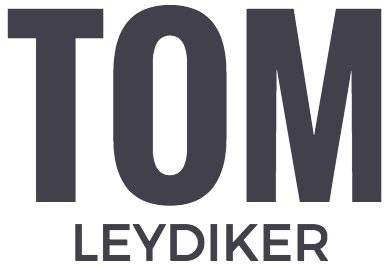The workplace is evolving rapidly, with hybrid work models becoming the cornerstone of modern business strategies. This blend of remote and in-office work aims to offer the best of both worlds, but its impact on productivity is a subject of much debate and interest.
Embracing Flexibility
Hybrid models introduce unprecedented flexibility, allowing employees to choose where and sometimes when they work. This autonomy can lead to a significant boost in morale and job satisfaction, as workers can balance their personal and professional lives effectively. The reduction of daily commutes and the ability to design a personalized work environment at home can also reduce stress levels, potentially increasing overall productivity.
Fostering Collaboration and Innovation
One of the critical concerns about hybrid models is their impact on collaboration and innovation. Physical office spaces have traditionally been seen as hubs of teamwork and brainstorming. However, hybrid models are prompting organizations to rethink how they foster collaboration. By utilizing digital tools and scheduling regular in-person meetups, companies can maintain, if not enhance, the creative synergy among their teams. This approach ensures that the spark of innovation remains alive, regardless of where work is being done.
Challenges and Solutions
While the benefits are notable, hybrid work models also present challenges, particularly concerning maintaining company culture and ensuring equity among employees. Those who spend more time in the office may receive more face-to-face time with management, potentially affecting performance evaluations and opportunities for advancement. Creating inclusive policies and practices is essential to ensure all employees are seen and heard regardless of their location.
Moreover, the success of a hybrid model hinges on effective communication and the right technological infrastructure. Investing in robust digital tools that facilitate seamless collaboration and keeping the lines of communication open are vital steps in mitigating potential productivity pitfalls.
The future of work is not about choosing between remote or in-office setups but about creating a flexible ecosystem that supports the diverse needs and preferences of the workforce. Hybrid models, when implemented thoughtfully, can enhance productivity by promoting work-life balance, reducing burnout, and fostering a culture of trust and empowerment. As businesses continue to navigate this transition, the focus should be on refining these models to maximize their benefits while addressing their inherent challenges. The goal is to build a work environment that not only survives but thrives in the evolving landscape of work.

